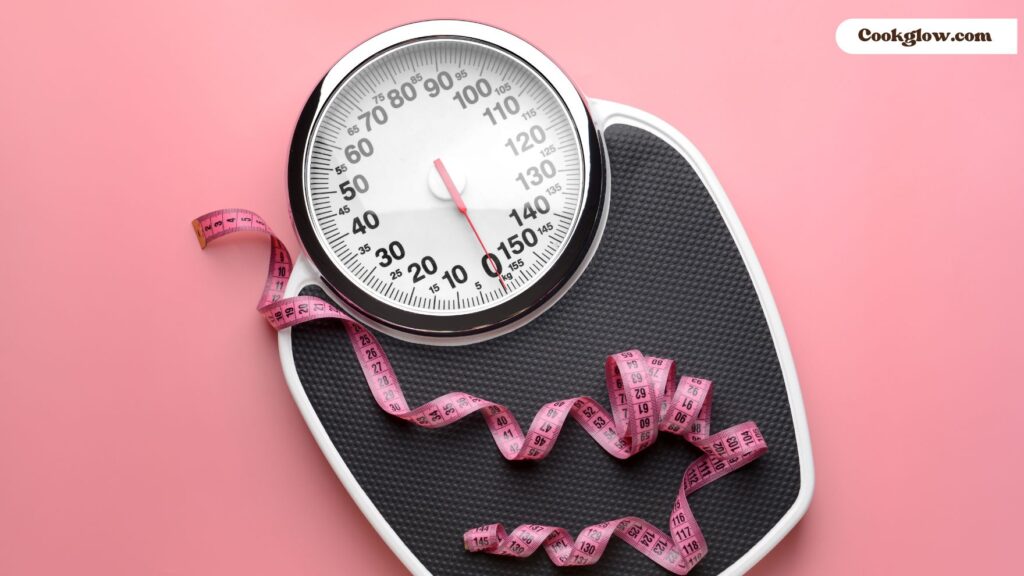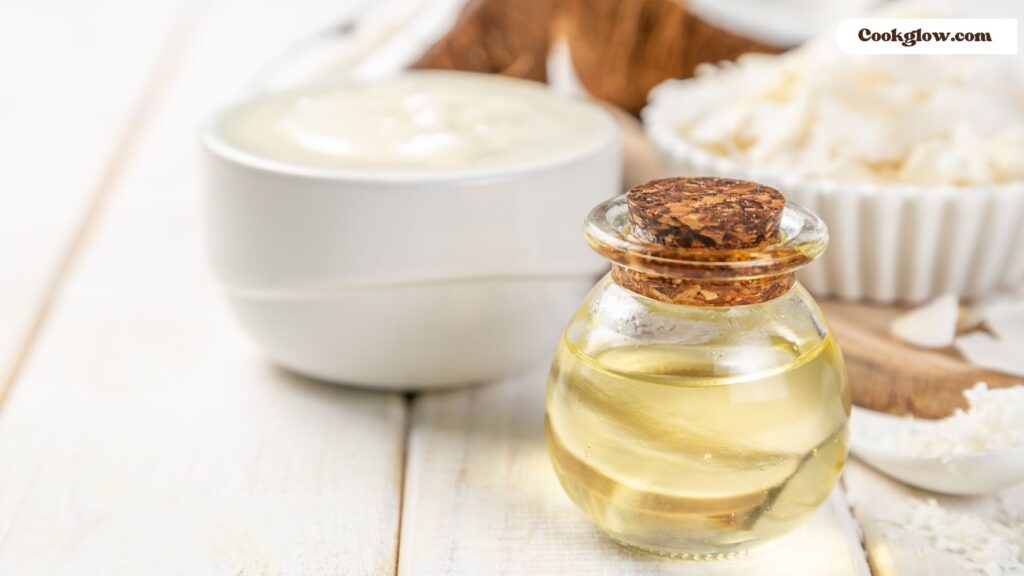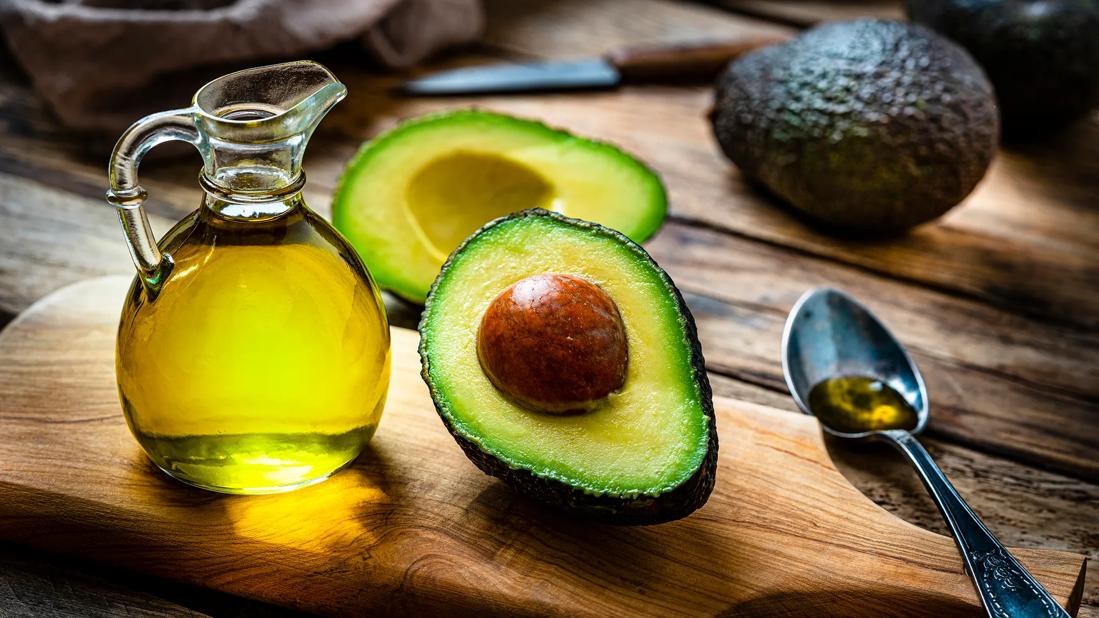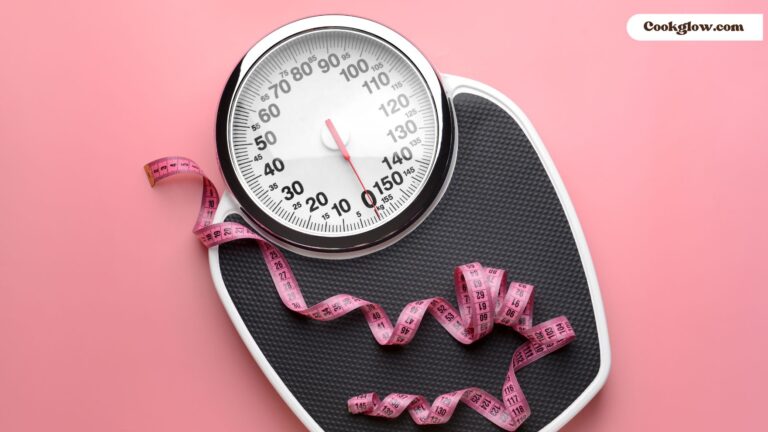
If you’ve ever tried to lose weight, you’ve probably heard conflicting advice about fats. Some say to avoid them altogether, while others swear by adding certain oils to their diet. So, what’s the truth? Can the right cooking oil actually help with weight loss, or is it just another food myth?
I’ve been down this road myself—standing in the grocery aisle, staring at endless bottles of olive oil, coconut oil, and avocado oil, wondering which one won’t sabotage my progress. After diving deep into research and experimenting with different oils in my own kitchen, I found that not all fats are created equal. Some oils can actually boost metabolism, reduce cravings, and even support fat loss, while others can silently hinder your progress.
This guide is here to break it all down for you. We’ll explore which oils are best for weight loss, which ones to avoid, and how to use them effectively. No complicated science talk—just clear, practical advice that makes sense.
So, if you’re looking for a way to enjoy your favorite foods without derailing your weight-loss goals, keep reading. You might be surprised to learn that the oil you cook with can make a big difference!
Understanding Fats in Cooking Oils
When it comes to weight loss, fat isn’t the enemy—the type of fat you consume matters more than anything else. Cooking oils are made up of different types of fats, and some can actually help with weight loss, while others may slow it down. Let’s break it down in simple terms.
Different Types of Fats in Cooking Oils
- Saturated Fats
- Found in: Coconut oil, palm oil, butter, and ghee
- Saturated fats have been controversial for years. While they aren’t as harmful as once believed, they should still be consumed in moderation. Coconut oil, for example, contains medium-chain triglycerides (MCTs), which may boost metabolism and aid fat burning.
- Unsaturated Fats (The Good Fats!)
- Monounsaturated Fats (MUFAs): Found in olive oil, avocado oil, and some nut oils
- Polyunsaturated Fats (PUFAs): Found in flaxseed oil, walnut oil, and fish oils
- These fats are known to support heart health, improve metabolism, and keep you full for longer—all important factors for weight loss.
- Oils rich in omega-3 fatty acids, like flaxseed and walnut oil, also help reduce inflammation, which can make it easier to shed excess weight.
- Trans Fats (The Ones to Avoid!)
- Found in: Margarine, hydrogenated vegetable oils, processed foods
- These fats are the worst for your health and weight-loss goals. Trans fats slow down metabolism, increase belly fat, and raise bad cholesterol levels. If you see “partially hydrogenated oil” on a label, it’s best to steer clear.
Why Healthy Fats Matter for Weight Loss
It might seem strange, but eating the right fats can actually help you lose fat! Here’s why:
✅ Keeps You Full Longer – Healthy fats slow digestion and keep you satisfied, reducing the chances of overeating.
✅ Supports Metabolism – Oils like coconut and olive oil help the body burn fat more efficiently.
✅ Balances Hormones – Fats play a crucial role in hormone production, including those that regulate appetite and fat storage.
Quick Comparison of Cooking Oils and Their Fat Content
| Oil Type | Main Fat Type | Weight Loss Friendly? |
| Olive Oil | Monounsaturated | ✅ Yes! Helps with satiety and fat metabolism |
| Coconut Oil | Saturated (MCTs) | ✅ Yes! Boosts metabolism, but in moderation |
| Avocado Oil | Monounsaturated | ✅ Yes! Great for overall health and weight loss |
| Flaxseed Oil | Polyunsaturated | ✅ Yes! High in omega-3s, reduces inflammation |
| Vegetable Oils | Polyunsaturated | ❌ No! Too much omega-6 can cause inflammation |
| Margarine | Trans Fats | ❌ No! Bad for health and weight loss |
Awesome! Here’s the next section on the best cooking oils for weight loss.
Best Cooking Oils for Weight Loss

Now that we know not all fats are created equal, let’s dive into the best cooking oils that can actually help you shed extra pounds. These oils don’t just add flavor to your meals—they also provide health benefits that support weight management.
1. Olive Oil – The Heart-Healthy Fat Burner
Why it’s great for weight loss:
- Rich in monounsaturated fats (MUFAs), which help burn belly fat.
- Contains antioxidants that reduce inflammation and improve metabolism.
- Helps control appetite by keeping you full for longer.
💡 Best Use: Drizzle over salads, roasted veggies, or use for light sautéing. Avoid high-heat frying, as it can break down the nutrients.
2. Coconut Oil – The Metabolism Booster
Why it’s great for weight loss:
- High in medium-chain triglycerides (MCTs), which increase calorie burning and boost energy.
- Helps reduce abdominal fat when consumed in moderation.
- Supports ketogenic and low-carb diets, as it provides quick fuel for the body.
💡 Best Use: Great for stir-frying, baking, and even adding to smoothies for an energy boost.
3. Avocado Oil – The Nutrient Powerhouse

Why it’s great for weight loss:
- Packed with monounsaturated fats, which help reduce inflammation and support fat metabolism.
- High smoke point, making it perfect for high-heat cooking like grilling or frying.
- Contains vitamins E and K, which promote overall health.
💡 Best Use: Ideal for frying, roasting, and making homemade salad dressings.
4. Flaxseed Oil – The Omega-3 Champion
Why it’s great for weight loss:
- High in omega-3 fatty acids, which help reduce inflammation and improve fat metabolism.
- Supports digestion and gut health, which plays a role in maintaining a healthy weight.
- Best consumed raw, as heat can destroy its delicate nutrients.
💡 Best Use: Drizzle over salads, mix into smoothies, or add to yogurt. Avoid cooking with it.
5. Walnut Oil – The Brain and Fat-Burning Booster
Why it’s great for weight loss:
- Rich in polyunsaturated fats, which help control hunger and improve metabolism.
- Contains plant-based omega-3s, promoting fat burning and heart health.
- Helps with brain function and mood, reducing stress-related eating.
💡 Best Use: Perfect for salad dressings, dips, and drizzling over cooked dishes.
6. Ghee (Clarified Butter) – The Traditional Fat with Benefits
Why it’s great for weight loss:
- Contains healthy saturated fats that provide long-lasting energy.
- Rich in butyrate, a fatty acid that supports digestion and metabolism.
- Can be used in moderate amounts for those following keto or paleo diets.
💡 Best Use: Ideal for sautéing, frying, and even adding to coffee (bulletproof coffee!).
Comparison Table: Best Cooking Oils for Weight Loss
| Oil Type | Main Benefit | Best Use |
| Olive Oil | Burns belly fat, reduces hunger | Drizzle over salads, light sautéing |
| Coconut Oil | Boosts metabolism, fuels energy | Stir-frying, baking, smoothies |
| Avocado Oil | Supports fat metabolism, high smoke point | Frying, roasting, dressings |
| Flaxseed Oil | Omega-3s reduce inflammation | Raw use: salads, smoothies |
| Walnut Oil | Aids fat burning, supports brain health | Salads, dips, finishing oil |
| Ghee | Enhances digestion, long-lasting energy | Sautéing, frying, coffee |
These oils are the best choices for weight loss, and each one has unique benefits depending on how you use them.
Here’s the rest of the article, covering oils to avoid, cooking methods, portion control, scientific research, and the conclusion—all following the structured outline.
Oils to Avoid for Weight Loss
While some oils support fat loss, others can sabotage your progress. These oils are either highly processed, inflammatory, or contain harmful fats that disrupt metabolism.
1. Vegetable Oils (Soybean, Corn, Canola, Sunflower, Safflower)
Why to avoid:
- High in omega-6 fatty acids, which can cause inflammation and weight gain when consumed in excess.
- Often highly refined and processed, stripping away nutrients.
💡 Healthier alternative: Swap vegetable oil for olive oil or avocado oil in cooking.
2. Palm Oil
Why to avoid:
- High in saturated fats, which may contribute to weight gain when overconsumed.
- Often found in processed foods, increasing calorie intake.
💡 Healthier alternative: Use coconut oil or ghee for similar cooking applications.
3. Margarine and Hydrogenated Oils
Why to avoid:
- Contains trans fats, which have been linked to obesity, heart disease, and slow metabolism.
- Artificially processed to remain solid at room temperature, making them harder for the body to digest.
💡 Healthier alternative: Use grass-fed butter or ghee instead.
4. Any Oil Used for Deep Frying
Why to avoid:
- High heat damages healthy fats, turning them into harmful compounds.
- Fried foods add excess calories and increase fat storage.
💡 Healthier alternative: Air-fry or bake foods instead of deep-frying.
Cooking Methods and Oil Usage for Weight Loss
Choosing the right oil is just one part of the equation—how you use it matters too. Certain cooking methods preserve nutrients and keep calorie intake in check, while others can turn a healthy oil into an unhealthy one.
Best Cooking Methods for Weight Loss
✅ Sautéing with minimal oil – Use just a small amount of olive or avocado oil to cook vegetables or lean proteins.
✅ Grilling or roasting – Requires less oil while enhancing flavor.
✅ Steaming or boiling – Retains nutrients without adding extra calories.
✅ Air frying – A great alternative to deep frying, using little to no oil.
Methods to Avoid
❌ Deep frying – Soaks up excess oil, adding unnecessary calories.
❌ Cooking past the smoke point – Overheating oil can create harmful compounds and ruin its nutritional value.
💡 Tip: Cold-pressed oils (like extra virgin olive oil and flaxseed oil) are best used raw for dressings or drizzling over cooked food.
Portion Control and Caloric Considerations
Even healthy oils are high in calories. If you’re not mindful of portion sizes, you could be consuming more calories than you realize.
How Much Oil Should You Use for Weight Loss?
- 1 tablespoon of oil = ~120 calories
- Stick to 1-2 tablespoons per day, depending on your diet.
- Measure your oil instead of pouring straight from the bottle.
Cooking Oils and Their Calories
| Oil Type | Calories per Tablespoon |
| Olive Oil | 120 cal |
| Coconut Oil | 120 cal |
| Avocado Oil | 120 cal |
| Flaxseed Oil | 120 cal |
| Walnut Oil | 120 cal |
| Ghee | 112 cal |
💡 Tip: Use a spray bottle for oil to control portions and avoid overuse.
Scientific Studies on Cooking Oils and Weight Loss
Research has shown that certain oils support metabolism, satiety, and fat loss. Here are some key findings:
📌 Olive Oil and Belly Fat Reduction
A study published in the Diabetes Care Journal found that a diet rich in olive oil helps reduce abdominal fat and improves insulin sensitivity.
📌 Coconut Oil and Metabolism Boosting
A study in the American Journal of Clinical Nutrition showed that MCTs (found in coconut oil) increase energy expenditure by 5%, helping burn more calories.
📌 Flaxseed Oil and Weight Management
A study in Obesity Research found that omega-3 fatty acids in flaxseed oil reduce appetite and support fat metabolism.
Conclusion
Cooking oils can either help or hinder your weight-loss journey. By choosing healthy, nutrient-rich oils like olive oil, coconut oil, and avocado oil, you can boost metabolism, control cravings, and improve overall health.
Key Takeaways:
✅ Best oils for weight loss: Olive oil, coconut oil, avocado oil, flaxseed oil, walnut oil, and ghee.
❌ Oils to avoid: Vegetable oils, palm oil, margarine, and deep-fried oils.
⚡ Use the right cooking methods to maximize health benefits.
📏 Portion control is key—stick to 1-2 tablespoons per day.
By making small, smart swaps, you can enjoy delicious meals without compromising your weight-loss goals!
Frequently Asked Questions (FAQs)
1. Which cooking oil is best for weight loss?
Extra virgin olive oil, coconut oil, avocado oil, and flaxseed oil are some of the best oils for weight loss. They contain healthy fats that support metabolism, reduce hunger, and provide essential nutrients.
2. Can I use coconut oil every day for weight loss?
Yes, but in moderation. Coconut oil contains medium-chain triglycerides (MCTs), which boost metabolism. However, it is high in calories, so stick to 1-2 tablespoons per day.
3. Is it okay to fry food while trying to lose weight?
Deep frying is not recommended, as it increases calorie intake and destroys the nutrients in oil. Instead, try air frying, baking, grilling, or sautéing with minimal oil.
4. What oils should I avoid for weight loss?
Avoid vegetable oils (soybean, corn, canola), palm oil, and margarine, as they are highly processed and can contribute to weight gain and inflammation.
5. How much oil should I consume daily for weight loss?
Stick to 1-2 tablespoons per day to keep your calorie intake in check while still getting the benefits of healthy fats.
6. Does ghee help with weight loss?
Yes! Ghee contains healthy saturated fats that provide energy and improve digestion. It can be a great option in moderation, especially for those following a low-carb or keto diet.
7. Can I use olive oil for high-heat cooking?
Regular extra virgin olive oil has a lower smoke point, so it’s best for salads, drizzling, or light sautéing. For high-heat cooking, use avocado oil or refined olive oil.
8. Is flaxseed oil good for cooking?
No, flaxseed oil should not be heated because it is delicate and can lose its nutritional benefits. It’s best used raw in salads, smoothies, or drizzled over food.
9. What is the best oil for air frying?
Since air frying requires minimal oil, the best options are avocado oil, olive oil, or coconut oil, as they have high smoke points and provide health benefits.
10. Do oils help in burning belly fat?
Certain oils, like olive oil and coconut oil, contain compounds that support fat metabolism and reduce appetite, which may help in losing belly fat when combined with a healthy diet and exercise.

